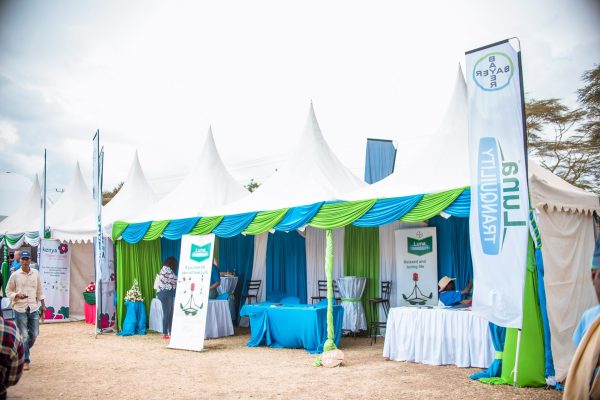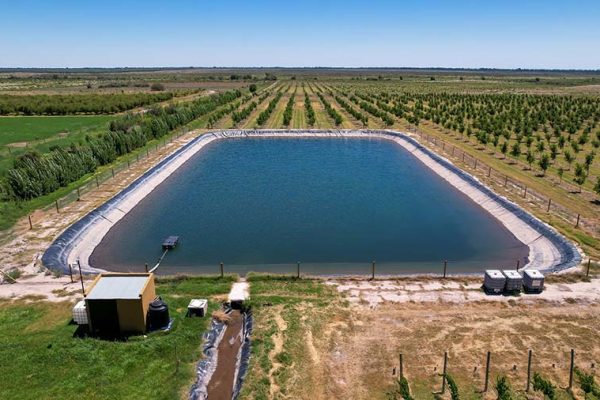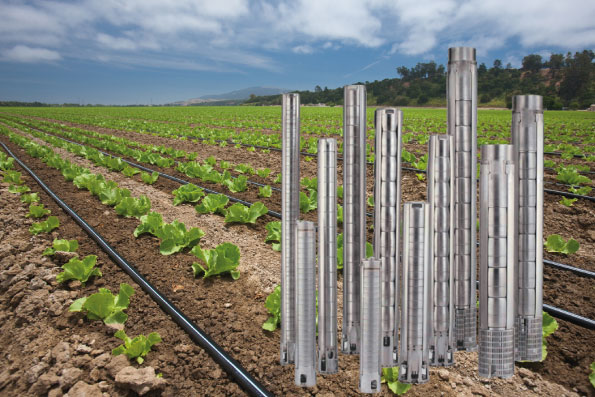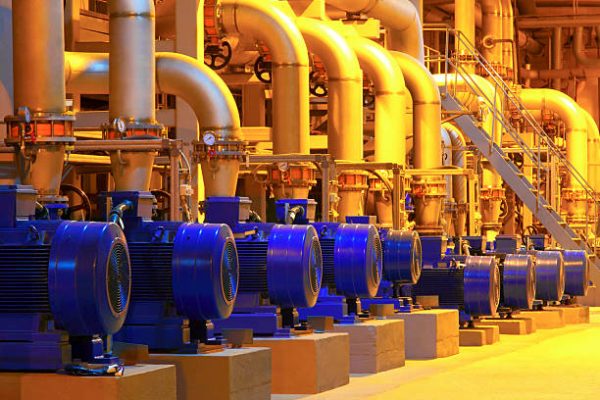
Naivasha Horticultural Fair 2024 – A Hub of Innovation and Connection
The Naivasha Horticultural Fair, taking place on September 20-21, 2024, is set to be the most exciting edition yet. Drawing an impressive audience from across Africa and Europe, this year’s fair promises an unparalleled experience for attendees and exhibitors alike. As one of the premier events in the horticultural calendar, the Naivasha Horticultural Fair offers a unique platform to discover the latest products, services, and innovations, engage in thought-provoking discussions, and facilitate meaningful connections and partnerships. Discover the Latest Products and Innovations This year’s fair will showcase an extensive range of products and services from leading horticultural and industry players. Attendees will have the opportunity to explore cutting-edge technologies, sustainable practices, and innovative solutions designed to enhance productivity and efficiency in the horticultural sector. From advanced irrigation systems to state-of-the-art greenhouse equipment, the exhibition will feature a diverse array of offerings tailored to meet the evolving needs of the industry. Moreover, visitors will have the chance to interact with exhibitors, gain first-hand knowledge of new products, and witness live demonstrations. In addition, this direct engagement allows for a deeper understanding of how these innovations can be implemented to improve horticultural practices and achieve better yields. Whether you are a grower, supplier, or industry enthusiast, the Naivasha Horticultural Fair is the ideal place to stay updated on the latest trends and developments. Engage in Thought-Provoking Discussions In addition to the exhibition, the fair will host a series of seminars and panel discussions led by experts and thought leaders in the horticultural sector. These sessions are designed to provide valuable insights into the challenges and opportunities facing the industry. Topics will range from sustainable farming practices and climate resilience to market trends and the impact of technology on horticulture. Furthermore, attendees can engage with speakers through Q&A sessions, fostering an environment of knowledge sharing and collaboration. These discussions are not only informative but also inspire new ideas and strategies that can be applied to one’s own horticultural practices. By participating in these sessions, you will gain a comprehensive understanding of the current landscape and future direction of the horticultural industry. Facilitate Meaningful Connections One of the key highlights of the Naivasha Horticultural Fair is its emphasis on networking and partnership building. The fair has tailored buyer-seller meetings that facilitate meaningful connections between attendees. Additionally, these meetings are an excellent opportunity for buyers to find reliable suppliers, and for sellers to showcase their products to a targeted audience. The structured format of these meetings ensures that both parties have the chance to discuss potential collaborations and negotiate deals in a focused setting. Beyond the formal meetings, the fair provides numerous informal networking opportunities, allowing participants to build relationships and exchange ideas with peers from around the world. Conclusion The Naivasha Horticultural Fair 2024 is not just an event; it is a celebration of innovation, knowledge, and community within the horticultural sector. By attending, you will be at the forefront of discovering the latest products and services, engaging in insightful discussions, and building meaningful connections that can propel your business forward. Lastly Mark your calendars for September 20-21, 2024, and join us in Naivasha for an unforgettable experience that promises to be the most exciting edition yet. Our Contacts:Contact TrendBlend HubWebsite: – Click HereWhatsApp | Call: +254 743 149 267 | + 254 738 352 258Email Address: info@trendblend.co.ke | sales@trendblend.co.keFollow our IG: @TrendBlendHubKe





